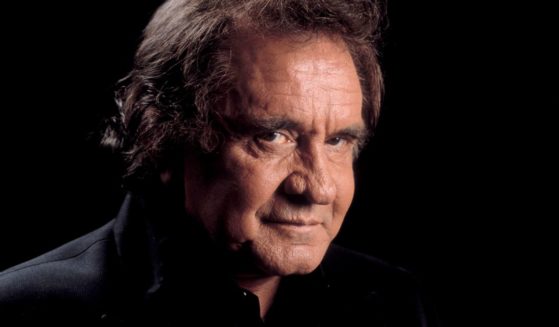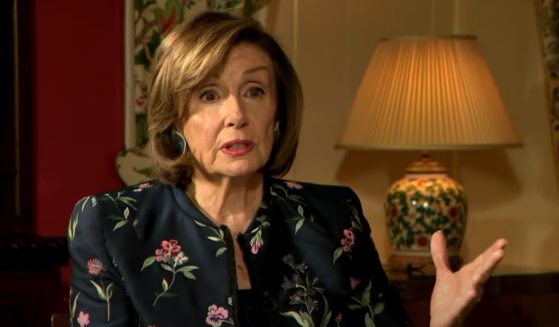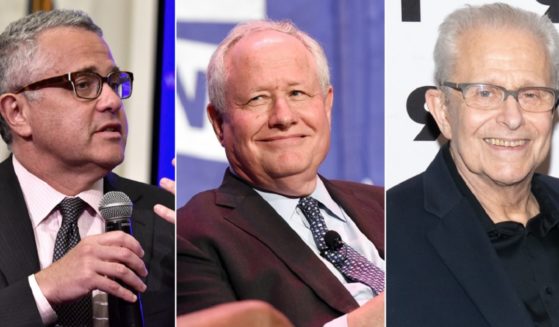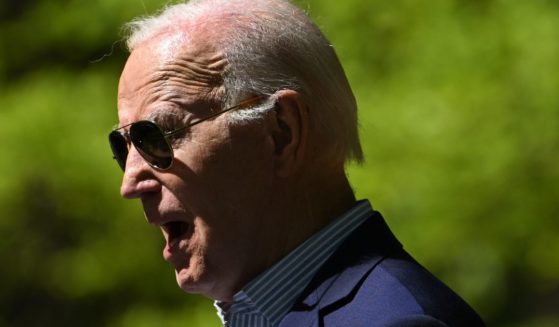Spain's Socialists are open to negotiating deals with rivals
MADRID (AP) — Spain’s Socialist party is ready to negotiate deals with rival parties on certain issues after it won a general election but failed to obtain a parliamentary majority, a senior Socialist official said Tuesday.
Isabel Celaá, the spokeswoman for the Socialist caretaker government, indicated that the Socialists, who came first in Sunday’s general election by winning 29% of the vote, are not rushing into creating a possible coalition government.
After capturing 123 seats in the 350-seat parliament in Sunday’s ballot, the Socialists need to get the support of smaller rival parties to pass legislation. But Socialist officials have insisted, since the vote, that they are not looking for government coalition partners who could help them reach the 176 seats needed for a parliamentary majority.
Prime Minister Pedro Sánchez’s Socialist party is capable of running the country as a minority government, Celaá told reporters Tuesday after the weekly Cabinet meeting.
But, she said, the Socialists “are open to talking to everybody” on certain topics that might smooth the government’s work.
That could include parliamentary votes for backing Sánchez to stay in office and occasional pacts in areas like the economy or social issues.
However, Celaá said the Socialists “are not ruling anything out” and have “plenty of experience in deal-making.”
She said Spain “needs to build bridges” after a spell of political instability, which includes the nine months before the election when the Socialists ran a minority government that collapsed after parliament rejected its spending plan.
Spain’s political parties are currently still jousting as they campaign for regional and local government elections, as well as a European Parliament election, on May 26.
The Popular Party, which for decades took turns in power with the Socialists, convened a leadership meeting on Tuesday to reflect on their heavy electoral defeat and set out a recovery strategy.
The conservative party saw its number of seats in the parliament’s lower house halved, from 137 to 66, and lost its majority in the Senate. The defeat came as both the Popular Party and the more centrist Citizens steered to the right to compete with the upstart national-populist Vox party, which ended up grabbing 24 parliamentary seats.
In a strategic change that signaled a return to a more moderate position, Popular Party leader Pablo Casado called Vox “the extreme right” for the first time Tuesday, blaming it and Citizens for fragmenting Spain’s political right-of-center. He also announced a new slogan for the May 26 ballot: “Focused on your future.”
“We are the only alternative to the left-wing,” Casado said, calling for a Popular Party victory that can act as a counterbalance to a possible Socialist administration.
The prospect of forming a government was no closer on Tuesday, two days after Spain’s third general election in four years.
“We have time,” Celaá said of potential cross-party agreements. “We are just beginning.”
The new parliament in Madrid opens on May 21, and will have to approve any minority government or coalition government before that government takes office.
___
Barry Hatton reported from Lisbon, Portugal.
The Western Journal has not reviewed this Associated Press story prior to publication. Therefore, it may contain editorial bias or may in some other way not meet our normal editorial standards. It is provided to our readers as a service from The Western Journal.
Truth and Accuracy
We are committed to truth and accuracy in all of our journalism. Read our editorial standards.












